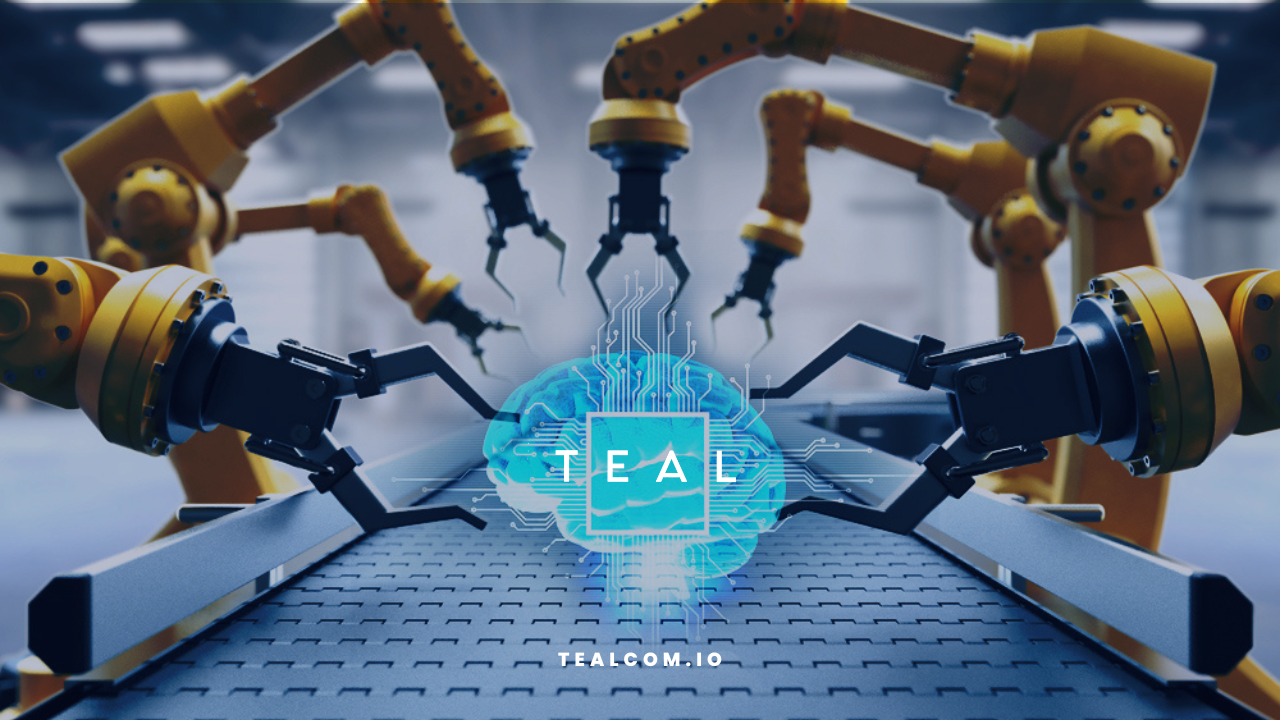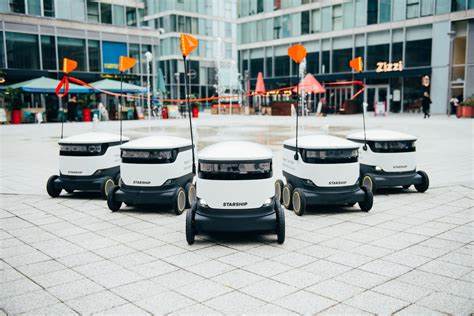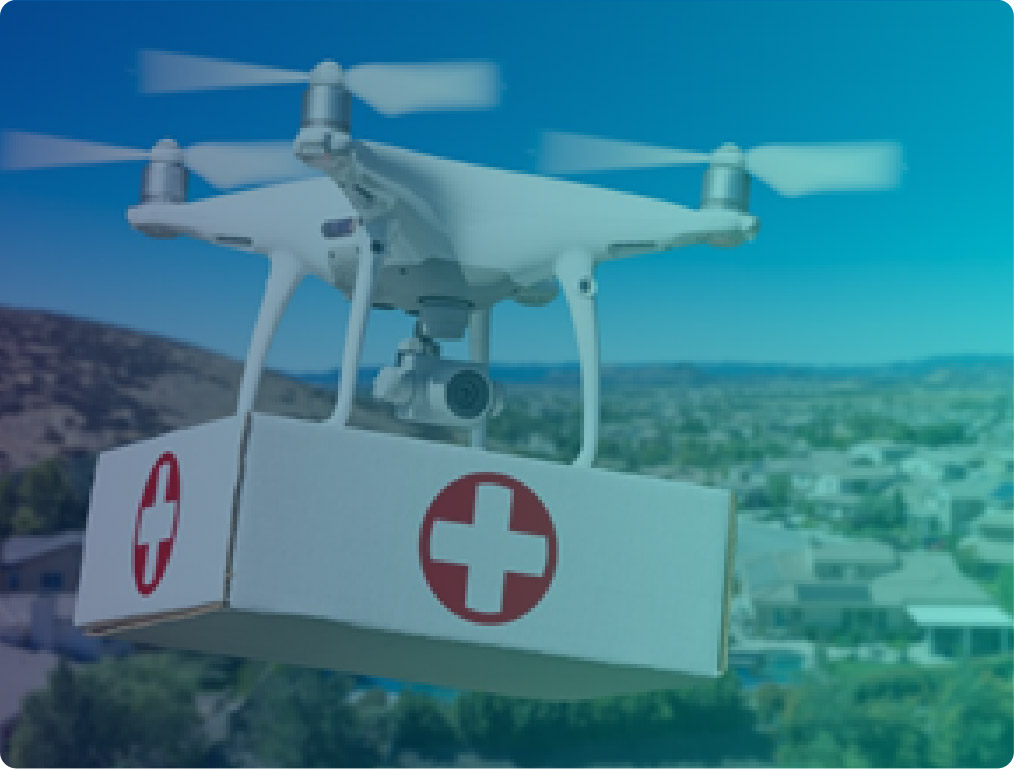How Businesses Can Maximize Productivity and Efficiency with AI and IoT

As businesses become increasingly reliant on connected devices, the need for Artificial Intelligence (AI) to manage these use cases continues to grow. AI has been integral in all sectors of business, including transportation, robotics, automation, healthcare, logistics, and fleets. Let’s examine why AI is essential for all of these use cases and how it can help businesses maximize their productivity and efficiency.
The Benefits of AI for Transportation
 When it comes to transportation use cases, such as ride-sharing companies, fleets of trucks, or autonomous vehicles, AI is invaluable. AI can be used to collect data from sensors in order to identify road conditions and obstacles in real-time. This data allows for more accurate route planning and faster response times when needed. Additionally, AI can be used to analyze traffic patterns and optimize routes accordingly. By leveraging the power of machine learning algorithms, businesses will be able to reduce time spent on the roads while still ensuring that customers get where they need to go quickly and safely. Companies are also using AI for predictive maintenance so they can identify potential problems before they occur and avoid costly downtime or repairs.
When it comes to transportation use cases, such as ride-sharing companies, fleets of trucks, or autonomous vehicles, AI is invaluable. AI can be used to collect data from sensors in order to identify road conditions and obstacles in real-time. This data allows for more accurate route planning and faster response times when needed. Additionally, AI can be used to analyze traffic patterns and optimize routes accordingly. By leveraging the power of machine learning algorithms, businesses will be able to reduce time spent on the roads while still ensuring that customers get where they need to go quickly and safely. Companies are also using AI for predictive maintenance so they can identify potential problems before they occur and avoid costly downtime or repairs.
AI for Robotics & Automation
 In industries such as manufacturing or construction, robotics use cases are becoming increasingly commonplace. Cities and campus are also seeing the rise of autonomous robots that deliver food, clean hotels, maintain crops, and mow lawns. With the help of AI-powered robots, businesses can automate tedious tasks that would otherwise consume a significant amount of time and energy if done manually. Furthermore, these robots are equipped with advanced sensors that allow them to complete complex tasks with greater accuracy than ever before. In addition to saving time and resources on tedious tasks, robots powered by AI can also help increase safety by identifying potential hazards before they become an issue.
In industries such as manufacturing or construction, robotics use cases are becoming increasingly commonplace. Cities and campus are also seeing the rise of autonomous robots that deliver food, clean hotels, maintain crops, and mow lawns. With the help of AI-powered robots, businesses can automate tedious tasks that would otherwise consume a significant amount of time and energy if done manually. Furthermore, these robots are equipped with advanced sensors that allow them to complete complex tasks with greater accuracy than ever before. In addition to saving time and resources on tedious tasks, robots powered by AI can also help increase safety by identifying potential hazards before they become an issue.
AI in Healthcare & Logistics
 In the healthcare industry, AI can be used to provide medical professionals with real-time insights into patient health by analyzing data from wearable devices or EMRs (electronic medical records). These insights enable doctors and nurses to make informed decisions about patient care quickly and accurately—without having to rely solely on intuition or guesswork. Furthermore, this same technology can be applied in logistics operations in order to better track shipments so that medical supplies arrive at their destination on time every time. Additionally, machine learning algorithms can be used to predict customer demand so that businesses are always well stocked with inventory when needed.
In the healthcare industry, AI can be used to provide medical professionals with real-time insights into patient health by analyzing data from wearable devices or EMRs (electronic medical records). These insights enable doctors and nurses to make informed decisions about patient care quickly and accurately—without having to rely solely on intuition or guesswork. Furthermore, this same technology can be applied in logistics operations in order to better track shipments so that medical supplies arrive at their destination on time every time. Additionally, machine learning algorithms can be used to predict customer demand so that businesses are always well stocked with inventory when needed.
Whether it’s transportation or healthcare applications—or anything else—it’s clear that AI plays a critical role in maximizing business productivity and efficiency across multiple cellular IoT use cases today. Through efficient data collection and analysis; predictive analytics capabilities; faster response times; increased accuracy; improved safety; automated task completion; smarter route optimization; better customer service; reduced costs; or improved customer satisfaction –the possibilities are endless! So, if you want your business cellular IoT application projects succeed – now is the time to start exploring how AI technologies can take them even further.
When it comes to cellular IoT, leading businesses everywhere are leveraging eSIM technology for reliable global connectivity. Find out if eSIM technology is right for your business, contact a Teal IoT expert today!
Lear more about why AI is essential for cellular IoT success.
Recent Posts
TEAL’s Network Orchestration Service (NOS) is Changing Cellular Connectivity
Teal Communications Staff2025-07-15T19:59:45+00:00
How TEAL’s eSIM Technology is Shaping the Future of Drone AAM Policy Under FAA Part 108
Teal Communications Staff2025-07-08T16:48:15+00:00
Empowering Freedom, Independence, and Control Through TEAL’s Network Orchestration Service (NOS)
Teal Communications Staff2025-07-03T16:40:46+00:00




